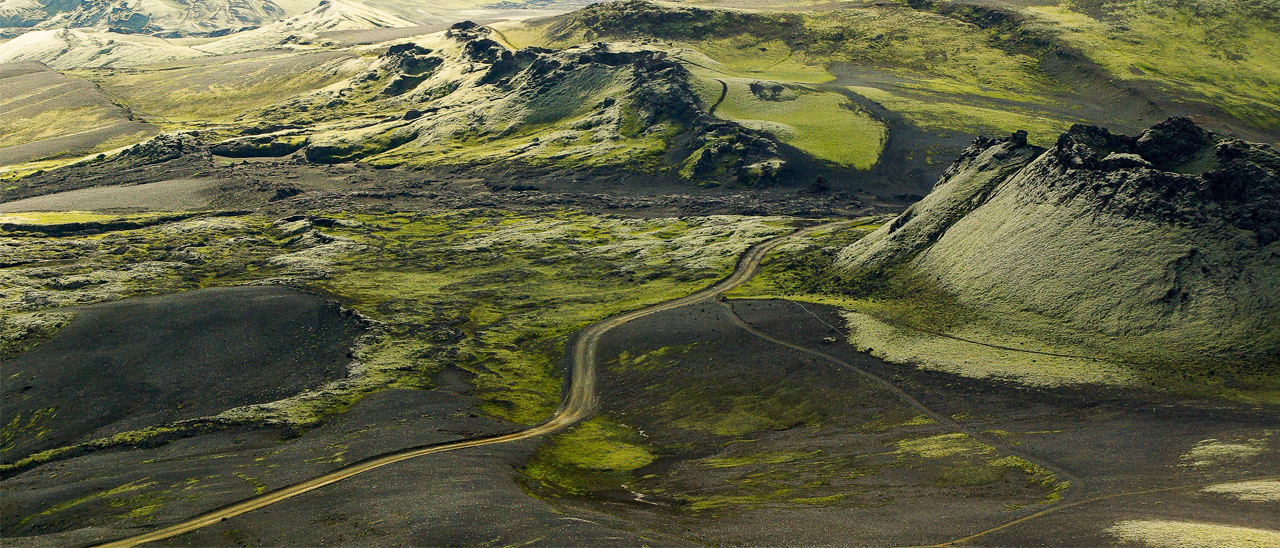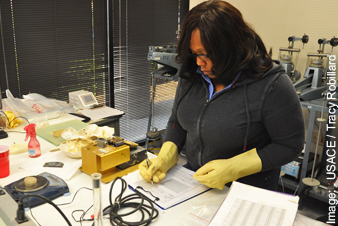Hydrogeology
![]() Hydrogeology is the specialism within geology concerned with underground water, its movement, behaviour and quality.
Hydrogeology is the specialism within geology concerned with underground water, its movement, behaviour and quality.
Geologists in the hydrogeology sector are involved in exploration for water resources, their management and sustainable production. Some are employed by water companies whilst others may have roles in engineering or environmental consultancy firms. The work of a hydrogeologist may include ground investigation, borehole construction, collecting data in the field and developing conceptual site models.
There are a wide range of contexts in which hydrogeologists work and specialise including groundwater resource and quality assessment, well design, construction and operation, pollution, contaminated land and groundwater remediation. Many also carry out environmental impact assessments associated with groundwater abstractions, oil and gas, mining and quarrying, landfills, ground source heating, geothermal energy and construction works. Some work to understand and mitigate natural hazards (such as groundwater flooding) while a smaller number work in academia or nature conservation.

 Roles & career profiles
Roles & career profiles
Examples of positions in the sector include:

Hydrogeologist (research)Read career profile |

Senior Hydrogeologist |

Groundwater ModellerRead career profile |

Hydrogeologist (engineering)Read career profile |

Technical Officer Groundwater and Contaminated LandRead career profile |
 Geoscience Areas
Geoscience Areas
Hydrogeologists draw from their knowledge of, and potentially specialise, in disciplines such as:- Environmental Geology
- Geomorphology/Surface Processes
- Structural geology
- Sedimentology
- Geochemistry
- Near Surface Geophysics
- Field techniques – mapping, sampling
Other skills such as effective communication and report writing, and the ability to evaluate the reliability of data from different sources, are also important.
 How do I get here?
How do I get here?
A postgraduate qualification is essential. The majority of hydrogeologists have a first degree in geoscience and then an MSc in hydrogeology or a PhD on a groundwater-based topic. However, some undertake postgraduate study in hydrogeology following first degrees in mathematics, engineering or a non-geological science.
 How to get ahead
How to get ahead
- Ensure your degree and/or modules are tailored towards the sector
- Relevant work experience will be extremely useful when it comes to applying for a job.
- A postgraduate Masters qualification in hydrogeology will significantly enhance your career prospects. PhD study is also a possible route into the sector.




